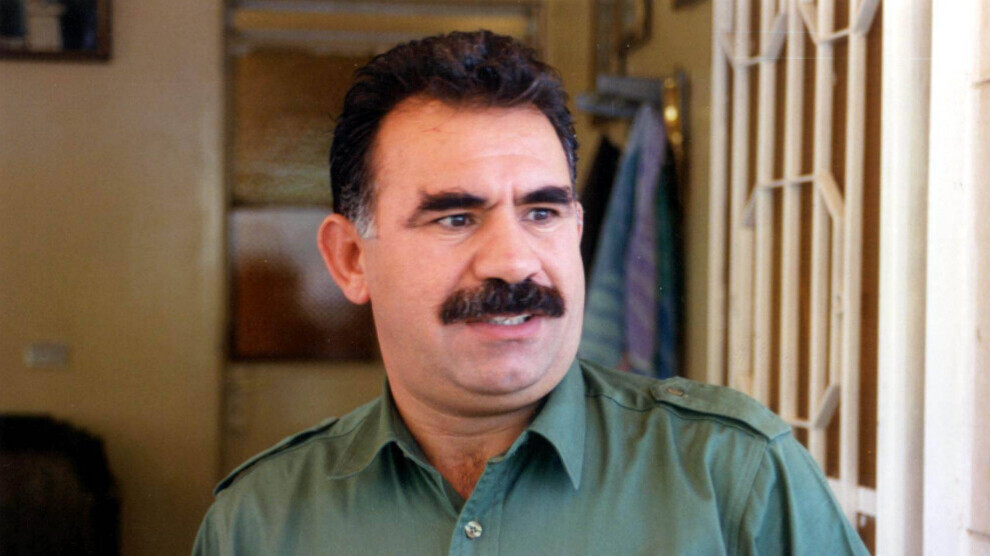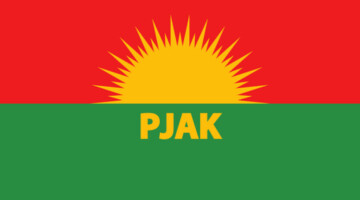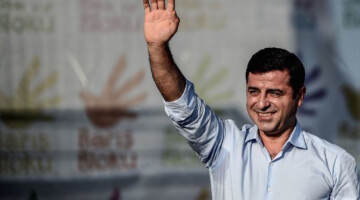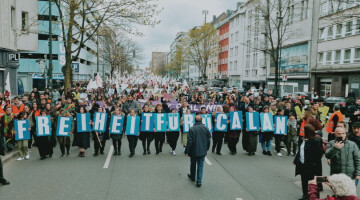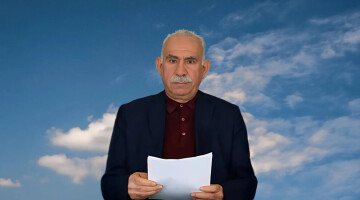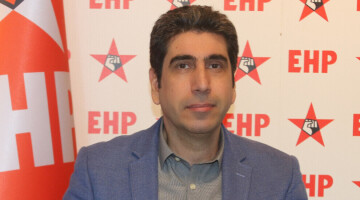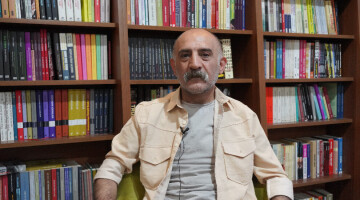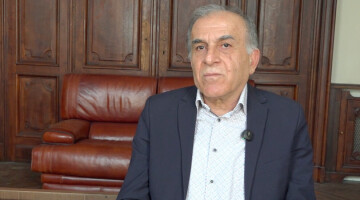The Kurdish National Congress (KNK) issued a statement to mark 10 December, Universal Human Rights Day.
The statement reads as follows:
"On 10 December 1948, the United Nations General Assembly announced the Universal Declaration of Human Rights (UDHR) - 30 rights and freedoms that set out, for the first time, fundamental human rights to be universally protected for the whole of humanity. It was described as a milestone in the history of human rights. The 30 articles of the declaration contain grand statements stipulating common standards of human rights. The preamble begins, “Whereas recognition of the inherent dignity and of the equal and inalienable rights of all members of the human family is the foundation of freedom, justice and peace in the world…”
However, when it comes to Kurdistan, throughout the 73 years of the declaration, the Kurds seem to have been excluded from these grand statements. As a colonized region, Kurdistan has remained untouched by this historic declaration. Kurdistan is located in the heart of the Middle East, which has regional and global geopolitical and geo-strategic significance. Actions are dictated by the interests of naked power, and there is no role given for the protection of human rights. UN member state Turkey has imposed a clearly defined and systematic anti-Kurdish strategy, which has been practiced through brutal and blatant persecution, including expulsion, imprisonment, exile, torture, murder, mass displacement, and chemical weapon attacks. For Kurds, the legal route to justice for the systematic and widespread crimes against humanity that they have suffered at the hands of the Turkish state, has been blocked.
Öcalan and the PKK have fought for the Implementation of the UDHR for Kurds
The struggle of Abdullah Ocalan, the Kurdish people's leader, and his party, the PKK, essentially follows the same principles as the UDHR, insisting that these principles of human rights should also be enjoyed by the Kurds. In response, Ocalan, as leader of the Kurdish freedom struggle against colonialism, has faced intense repression and isolation. Anyone hoping that human rights are also applied to the Kurds, need only look at the conditions on the prison island of Imrali, where Öcalan has been held hostage since his abduction in 1999.
A mirror of lawlessness - İmralı Island Prison
İmralı Island Prison, ruled by the Turkish state, continues to have an extraordinary status. Ocalan’s continuing solitary confinement, which has already lasted for 22 years, is based on practices considered illegal by both the Turkish judiciary and the international legal system. The United Nations has a responsibility to ensure that the UDHR applies, and is enforced, for Ocalan too. The İmralı system can continue to exist only with the consent, or at least the complete disregard, of international institutions such as the UN. Across the country, the Kurdish people are punished with martial law, while, Ocalan, who has been working continuously for peace and justice in Turkey, faces continued solitary confinement. Ocalan is a political actor, and his status also has broader political dimensions. Kurdish society, as well as political analysts, regard him as a national leader and the political representative of the Kurds. In Kurdistan, in Turkey, and internationally, it is common knowledge that a political solution is possible only in dialogue with Ocalan.
Ocalan's freedom can ensure peace in Kurdistan
For a peaceful solution to the Kurdish question, and, more broadly, to protect human rights and ensure the implementation of the UDHR, the United Nations must engage with Ocalan. As a first step, they must immediately address the isolation and inhumane prison conditions that he is forced to endure. According to the “United Nations Standard Minimum Rules for the Treatment of Prisoners” (known as Nelson Mandela Rules) updated in December 2015, states have a duty to ensure the exercise of rights by prisoners notwithstanding their identity and the nature of their imprisonment. The right to contact with lawyers and family members is among these rights (Rule 58 to 63). Kurds are humans and should be afforded all the human rights detailed in the UDHR.
We ask the UN to ensure that the implementation of the UDHR includes Öcalan and all Kurds
We call on all friends of the Kurdish people to Act For Öcalan’s Freedom!"

